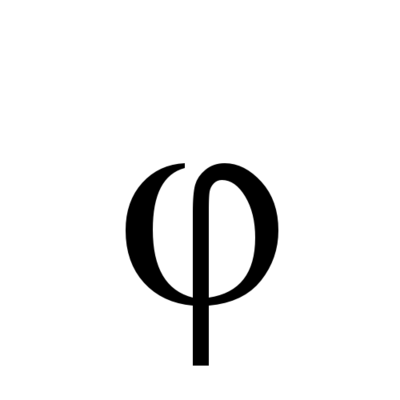I am currently researching some oracles for new game. I know the Muses & Oracles but it’s a French one. And I can’t find the equivalent in English.
So on a larger question: Which Oracle would you recommend?
MUNE shares similar concepts as Mythic but simplified. Free PDF:
I really like this approach of “two dice highest” for “likely” and “two dice lowest” for “unlikely”.
Yeah, I think that is way better value-for-effort than mythic’s probability spreadsheet. KiSS
I like the system in Mythic quite a lot, but it’s quite involved and can take you out of whatever game it is you’re playing. Some people don’t like this.
Parts Per Million publishes, seemingly, a million Solo RP supplements for a million different games. (I got their Solitude supplement for Chivalry & Sorcery because I wanted to solo that.) Their approach is to design an oracle that builds on the core mechanisms of the underlying game system, so in the case of Chivalry& Sorcery their yes/no oracle is built up on the “Skillskape” (sic) system so that your oracular questions are resolved the same way as the other mechanisms of the game. Their “complex questions” oracle is multiple-d100 generated word prompts you can use to inspire inspiration, by way of comparison. There are four columns headed “Chivalry, Piety, Sorcery, and The World” and each of those has 100 words under it. You roll d100 and read the four words attached to that number, or you roll four d100 and read each one separately.
In comparing the two, for yes/no questions they are rougly the same in terms of outcomes with Solitude just feeling more like it “fits” with the underlying game system.
Mythic’s approach to complex questions is a bit “twenty questions”. Instead of asking “what’s in the box?” you ask “is there a weapon in the box?” (no) “are there potions in the box?” (no) “is there writing implements in the box?” (no) “are there body parts in the box?” (yes). In practice I’ve found that a bit tedious and tend to shy away from the Mythic oracle for those kinds of things.
The Solitude approach would be to roll d100 four times on four columns (if it’s not so important maybe only once reading across the columns) to get words you try to interpret for your improv. “What’s in the box?” “Chivalry: venerable (84), Piety: demons (58), Sorcery: wield (4), The World: drought (8)” From here, depending on how events have transpired, and the nature of your world setting, you might say that the ancient (venerable) box contains sorcerous materials that let you control (wield) demons (duh) that when unleashed can bring drought upon the land. Or perhaps that the box held the thing that was binding the demons and by opening it you’ve unleashed them. Or whatever else “venerable/demons/wield/drought” bring up to mind. The weak point of this approach is that it has the same criticism of using Mythic in yes/no questions: it draws you out of the game system you’re using. That being said, an easy fix to this is to pre-roll the words each session. Roll a handful of words from each column before you start a session and cross off words as you use them. That way you’re not pulled out of the moment with die rolling that doesn’t match. You get the benefit of a word-based complex oracle without the fiddling around and table-flipping that you’d otherwise get using them extemporaneously.
So which would I recommend?
I love Mythic … but not as a solo game. I use it as a cap system or (increasingly) a standalone system for GM-free RP in groups. For solo RP I’ve found the Parts Per Million approach to oracles more satisfying and in my journaled C&S game I follow Solitude’s approach (with some added 已经 stuff for the Hell of it because I can; I chiefly use that as an oracle for NPC motivations and the like).



